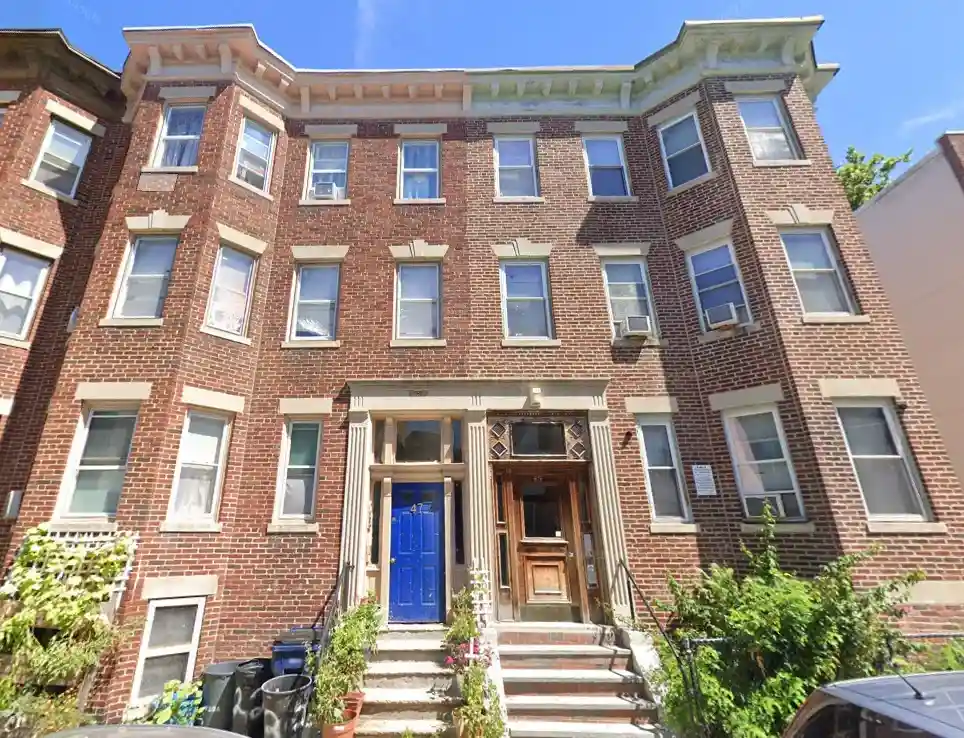
But as I reduced my drinking through the Sinclair Method, I began to notice improvements in how I felt. I started to feel healthier, and my hangovers gradually disappeared as I drank less and less. If you’re experiencing any of these symptoms, they might be more than just a typical hangover—they could be your body’s cry for help, trying to adjust after being dependent on alcohol. Recognizing these signs is drug addiction treatment a critical step toward healing and giving your body the chance to recover. I used to think alcohol withdrawal was something that only happened in extreme cases, with really severe symptoms. But what I didn’t realize was that there are more subtle, mild signs of withdrawal that can happen even if you don’t think you’re drinking that much.
Revamp Your Life With Reframe!
You will be watched closely for hallucinations and other signs of delirium tremens. I sympathize with people who are worried about going through withdrawal when they quit drinking. But with the help of a healthcare provider, your withdrawal doesn’t have to be so rough.
Cured vs Recovered: Why Language Matters in Recovery
- When you quit drinking alcohol, the first few days are typically the most intense.
- “The depression is deep, and racing thoughts are hard to control.”
- We recently launched our in-app chatbot, Melody, powered by the world’s most powerful AI technology.
- “The third day sober feels like I’m in a big black hole and under great pressure—hard to breathe, future feels bleak, lost an old trusted friend in alcohol, can’t find an alternative.”
Our team is available 24 hours a day, 7 days a week to answer any questions you may have. Give us a call today and begin your journey toward long-term recovery. You might want to consider preparing your body for detox before it happens. This includes getting more sleep, hydrating properly, eating a nourishing diet of healthy foods, and mediations, and connecting with a support network that cares about you and your outcomes. It is hard to predict whether you or someone else will experience anxiety after an episode of drinking or during a hangover. Some studies suggest that people who have underlying depression or anxiety disorders might be more likely to experience anxiety during hangovers.
Essential Insights into Buspar Withdrawal and Recovery
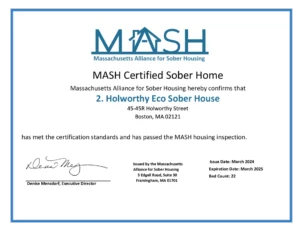
Alcohol withdrawal can be as challenging as detoxing from other drugs, including opioids. The body goes through significant and difficult changes during detox. This process leads to several symptoms that can range from mild to severe and potentially life-threatening. Heavy drinkers may experience withdrawal symptoms more intensely than moderate drinkers. Whereas some people emerge from the first week of sobriety refreshed and on the mend, others come crawling out feeling they barely survived.
What is the treatment for alcohol withdrawal?
Mild symptoms of alcohol withdrawal usually go away after a few days. If you already have alcohol use disorder, it’s important to seek counseling and medical care as soon as possible. The goal is to safely and gradually decrease your dependence on alcohol so that you can resume your daily life. If your symptoms persist for a long time, you may have post-acute withdrawal syndrome (PAWS). This protracted withdrawal can lead to lingering withdrawal symptoms such as irritability, sleep disruptions, problems concentrating, and urges to use alcohol. If you experience PAWS, your doctor may prescribe gabapentin to help you manage your symptoms.
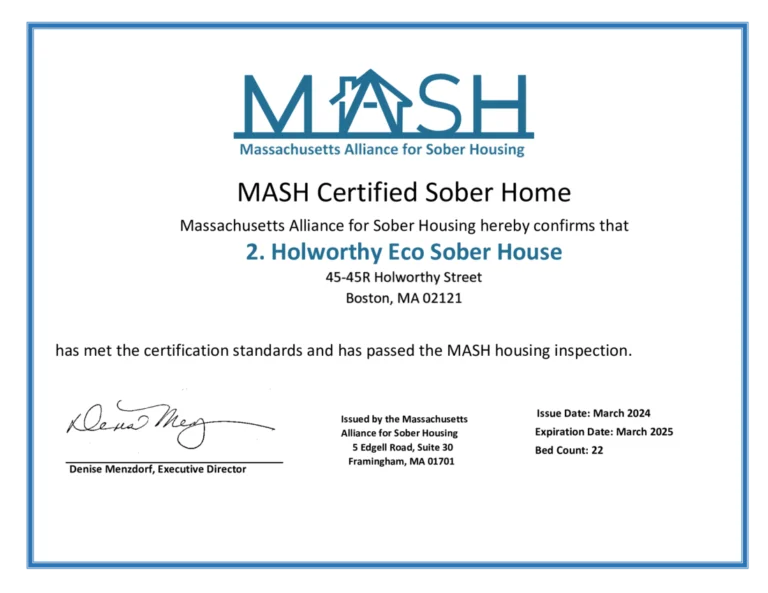
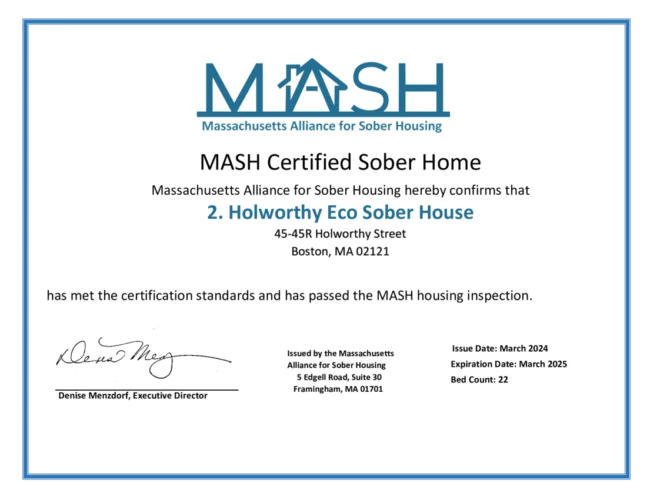
This restlessness may also make it difficult to cutting back on alcohol symptoms fall asleep or stay asleep. The first few hours are when the initial withdrawal symptoms set in as your body attempts to adjust to the absence of alcohol. For mild alcohol withdrawal that’s not at risk of worsening, your provider may prescribe carbamazepine or gabapentin to help with symptoms. By Sarah Bence, OTR/LBence is an occupational therapist with a range of work experience in mental healthcare settings. Tap into your social network to help support you through alcohol withdrawal. Find a supportive friend or family member to be with you while you withdraw and support your new non-drinking lifestyle.
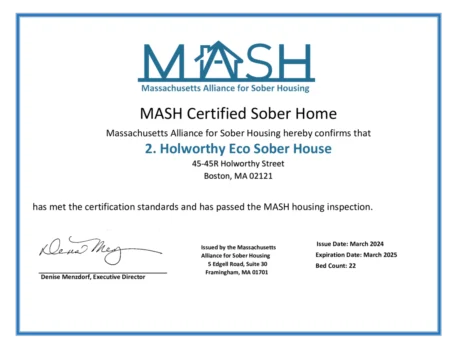
Those undergoing alcohol withdrawal often describe a sense of unease and physical discomfort, along with strong cravings for alcohol to relieve these symptoms. The intensity of withdrawal can make it difficult for some individuals to quit drinking without medical help. For individuals who are addicted to alcohol, withdrawal symptoms can start as early as six hours after they stop drinking heavily. Alcoholics will likely experience progressively worse symptoms for the next two to three days. Severe and life-threatening symptoms such as seizures and delirium tremens (where regulating body temperature and blood pressure become difficult) are possible.
- Some people can be treated at home, but others may need supervised care in a hospital setting to avoid potentially dangerous complications such as seizures.
- Thrive helps you take control of alcohol through naltrexone and the Sinclair Method, combining neuroscience and behavior change to transform your drinking habits for good.
- There’s the fear of “never drinking again,” the intensity of cravings, agitation, sleeplessness, and a myriad of other hair-raising symptoms that make the first week feel a year.
- The effects can vary among individuals, as some people metabolize the byproducts of alcohol more efficiently than others.
- Doctors will monitor your symptoms and risk for alcohol withdrawal complications.
- Some people experience prolonged withdrawal symptoms, like insomnia and mood changes, that can last for weeks or months.
- Attempting detox on your own can be scary and potentially dangerous.
During withdrawal, the body is trying to repair the damage alcohol has done to your gastrointestinal system. The nausea is your body’s response to the stress of withdrawal, as it tries to restore balance to your digestive system. Contact your state’s mental health/substance use agency for more guidance on how to afford rehab. Severe delirium tremens can cause psychosis, which is a disconnect from reality. You could also feel paranoid, like others are lying to you or trying to hurt you.
People who are daily or heavy drinkers may need medical support to quit. Stopping drinking abruptly can lead to seizures and can even be fatal. Unstable vital signs increase the risk of complications and can be managed with medications. People who experience severe withdrawal symptoms or DTs may require hospitalization or intensive care unit (ICU) treatment during alcohol.
They are typically prescribed as part of a comprehensive detox plan. These seizures are caused by specific changes in your body and brain as you adjust to life without alcohol. The body’s reaction to alcohol during this withdrawal timeline is a result of the brain’s attempt to rebalance itself. While the above symptoms are common, it’s essential to understand that everyone’s body is different. Some might just feel a bit “off,” while others might experience more intense reactions. To understand alcohol withdrawal, it’s essential to know what alcohol does to the brain.






